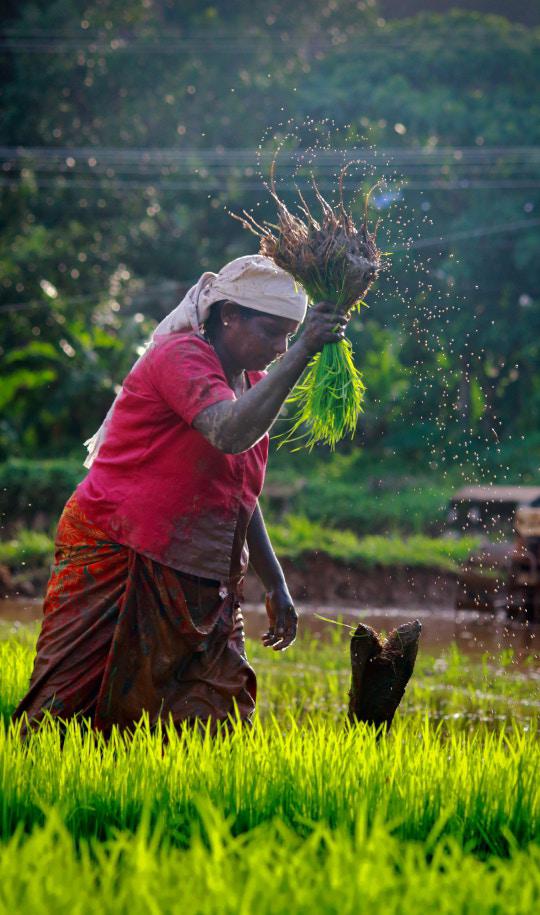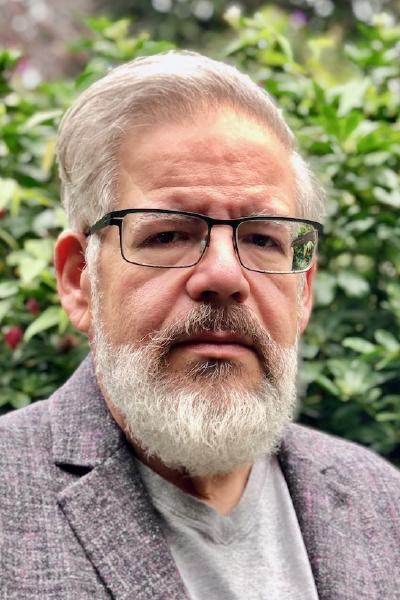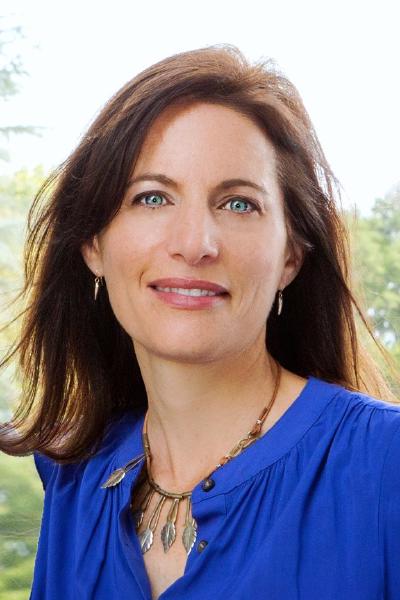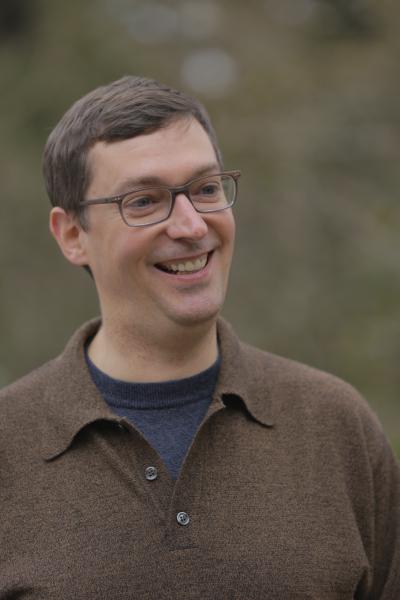
Shockwave’s mission is to fuel bold innovation for climate resilience, empowering frontline communities to thrive in a world of rapid change. Through strategic investments and grants, we catalyze transformative solutions in climate adaptation, focusing on projects with scalable impact and long-term sustainability.
With an integrated capital model, we seed the future, both nurturing startups and growing resilient systems. Our approach is grounded in optimism, creativity, and a commitment to progress that transcends traditional boundaries, driving a sustainable future for people and ecosystems worldwide.
Here’s how we do it:
- We provide seed funding at a critical, early stage, focusing on projects that elevate economic potential in developing nations.
- Our capital model merges program-related investments and philanthropic grants ranging from $25,000 to $1,000,000 USD-—backing organizations with proven solutions and the power to grow.
- With a 20-year vision, we’ll ignite an initial $50 million USD across investments and grants, and we’re just getting started. As our projects succeed, we’ll reinvest, amplifying our impact for the long term.
- We believe optimism and creativity are the foundations of progress.
Our vision for climate resilience begins with those most affected by the crisis. We’re committed to helping communities reduce risk, manage shocks, and build a sustainable path forward—for people and for the planet.
Shockwave: together we will adapt, empower, and thrive.
Our StrategyOUR PROCESS
Our Process. Clear, connected, and focused on impact.
At Shockwave, we believe in the power of ideas. We’re not just funding solutions—we’re building a network of changemakers, sharing knowledge, and fostering connections that amplify progress.
Transparent Funding Model: We believe in openness. Wherever possible, we use a transparent approach for our funding operations. This ensures that our due diligence can be leveraged by others, providing value beyond just the organizations we support. It also holds us accountable to our partners, funders, and the communities we serve. We encourage others to embrace the same openness, driving collective progress.
Curated Selection Process: With a vast vision and a nimble team, we focus on finding the right partners through a proactive, curated approach. We leverage a deep network to identify organizations that align perfectly with our mission. For efficiency and precision, we do not accept unsolicited proposals. Our targeted method ensures that we can deliver the greatest impact with clarity and purpose.
In everything we do, we prioritize efficiency, collaboration, and a commitment to finding the right solutions—together.
OUR BACKSTORY
Shockwave was born in 2020, building on the work of its founder, Paul Traina, who set out to tackle some of the world’s most pressing global challenges.
Our name, Shockwave, is inspired by Alvin Toffler’s groundbreaking book Future Shock, where he foresaw a world of such rapid change that it would overwhelm our ability to adapt. At Shockwave, we aim to do more than just adapt—-we strive to buffer and respond to the massive shifts driven by the climate crisis, empowering communities to thrive in an era of unprecedented change.


